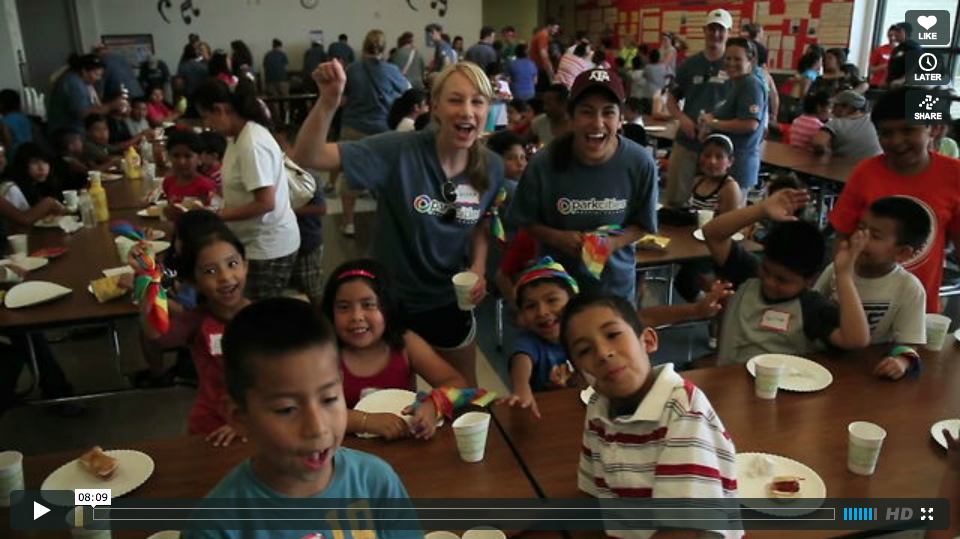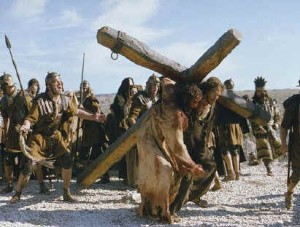Luke 23:32-43 describes the story of the crucifixion and Jesus’ conversation with the men on either side of Him on Golgotha. Why were they not put together? The prophet Isaiah tells us why:
“He was numbered among the transgressors.” Isaiah 53:12
God decreed that the most holy should die with the most unholy. At His birth He was surrounded by beasts, and now, at His death He is surrounded by criminals, deserving of capital punishment. This “friend of sinners” finds Himself with them once again. In fact, it seemed that was where He was always most comfortable. He lived among them, now He dies among them. Our attention turns to the two men crucified on either side of Jesus. One particularly captures our attention because he received the promise that we must share if we are to see our Lord in Paradise. Pastor Erwin Lutzer wrote, “What a day for the thief! In the morning he was justly crucified on a cross; by late that evening he was justly welcomed into Paradise by Jesus!” Let’s look at this thief who is each of us.
The thief in the mirror
I think we’ll discover he is you and me. In fact, the two thieves on the cross represent every human being who has ever lived.
- His failure we don’t know what he had done but we know, whatever it was, it deserved the death penalty. He was the vilest of offenders. Like us, he was trapped by his sin.
- His fate his fate was determined by his sin. He, like us, is paying the consequences for his sin. Every person in the world is bound for the same fate, the same destination as this man- were it not for the intervention of Jesus. Rom. 3:23- “All have sinned and fallen short of the glory of God…”
- His faith Consider the faith of this man. It was a simple, yet amazing faith. Consider what he had seen. On the one hand he had heard Jesus say, “Father forgive them, for they know not what they do.” No doubt that prayer pierced his conscience. He heard the inadvertent testimony of the crowd: “He saved others…but he can’t save Himself.” No doubt he pondered, “What do they mean- “He saved others”. And then there was the “first Gospel tract” ever- nailed to the cross proclaiming, “This is the king of the Jews.” And then he had this conversation with Jesus.
Do you think his faith came easy? Does faith come easy for you? For most of us it doesn’t. Consider that this man had perhaps never seen Jesus before. It’s one thing to believe in Jesus when He does a miracle or has just provided some great teaching or act of love. But this man believed at a time when it appeared that Jesus was entirely helpless to save anyone. In fact, it seemed that Jesus Himself needed saving! Jesus hung there as the hapless victim, not a king. When you need saving, you don’t turn to someone in the same predicament that you’re in. You don’t turn to someone who is dying in disgrace. Or do you? The scandal of the Gospel is that we worship the God who died. This thief believed before the darkness fell over the land. He believed before the earthquake rocked the place, and before the veil of the Temple was torn in two. Improbable as it was, he believed.
Here’s the point- you too can believe. Does God seem distant to you? Does Jesus seem weak and powerless in your situation, in your life? How can we explain the fact that this dying thief took a suffering, bleeding man for his God!? There’s only one answer- it was the work of the Holy Spirit drawing this man toward the Man in the middle. The Spirit is drawing you as well. His faith was simple. It was courageous. It was enough.
- His future This man, whose entire life was consumed with a never-ending struggle to find meaning and purpose, enslaved to sin, now finds himself about to enter eternal paradise. Notice the reunion would be that very day! “Today.” Jesus died before this man did. Charles Spurgeon noted that “this man, who was our Lord’s last companion on earth” was His “first companion at the gates of paradise”. Notice, he did not make a pit stop in purgatory en route to paradise. His future- in heaven- secured by Jesus alone, began that day. With such a dark past, how bright was the future of this dying thief!
One commentator wrote, “There is one such case recorded that none need despair, but only one that none might presume.” Warren Wiersbe points out that this man was not saved at his last opportunity, but at his first. Don’t wait another minute.
“Truly, I say to you, today you will be with me in Paradise.” (Luke 23:43)
William Cowper, the great hymn writer, though plagued with doubts in his own life, understood that if the thief could be saved, then he could too. He wrote a song entitled, “There is a Fountain Filled with Blood”. One of my favorite stanzas reads: “The dying thief rejoiced to see that fountain in his day; and there may I, though vile as he, wash all my sins away.” The thief’s forgiveness should remind you that there is more grace in God’s heart than sin in your past.
It’s better late than never… but it’s better now than later.



